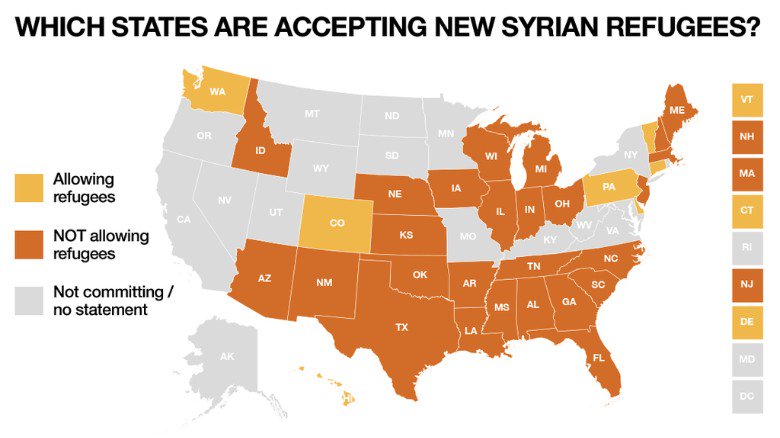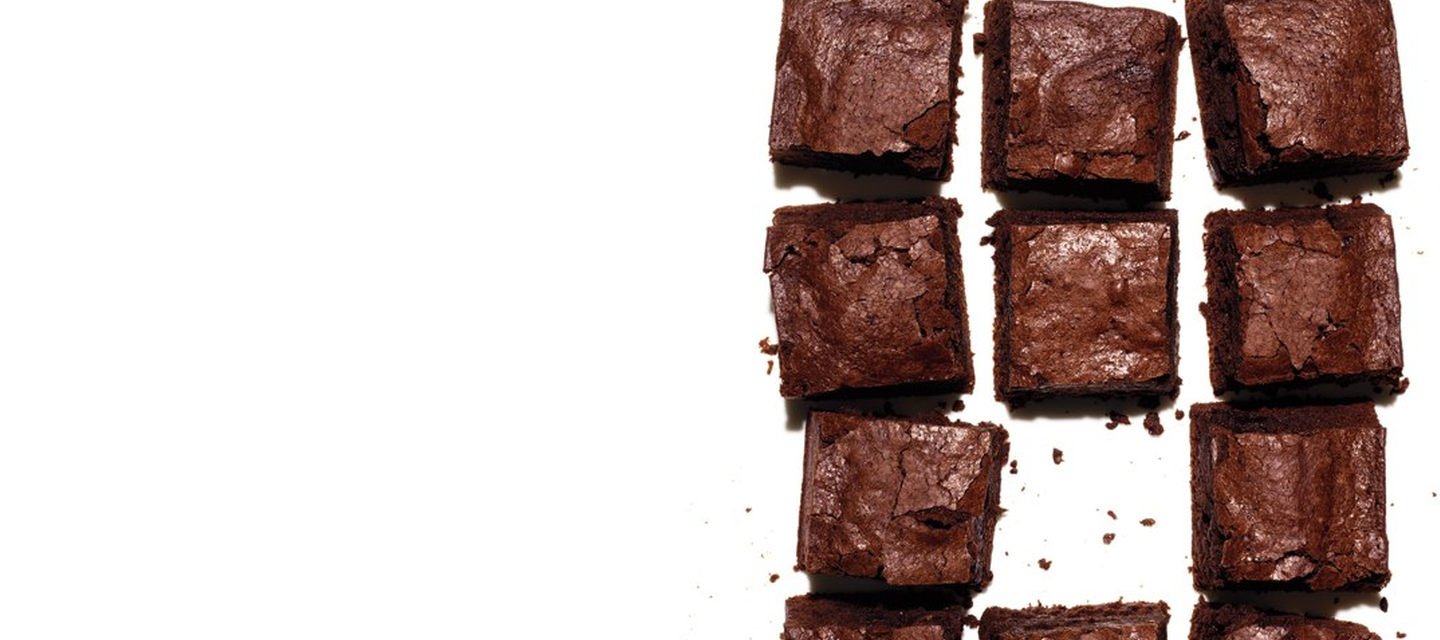We Are All Humans
Thoughts on the current world situation: on terrorism, religion, mass exodus and tolerance.
Anyone who knows me fairly well knows that I’m Catholic. To some though, the subject may never come up or we never get a chance to know each other close enough for it to be revealed. I keep things pretty under wraps publicly–I’m not afraid to share my faith, but I want to do it in a way that is organic. St. Francis of Assisi sums up my philosophy best:
Preach the Gospel at all times and when necessary use words.
In light of the recent events in the world–of terrorism, destruction, senseless killing, and mass exodus–I decided I no longer could keep silent. It was time for words.
Like everyone else, as I heard the news of the terrorism in France, I was rattled. Human suffering pulls heavily on our hearts, and I found myself moved with compassion for the French people. Their strife occupied my mind. In addition, I thought that France wasn’t too much different than the United States. This type of attack could happen where I live.
What is shameful, however, was my own lack of knowledge and caring about the terrorist attacks that had happened in Beirut just a day before. As of last report, 43 people were killed with 239 people suffering injuries. The attacks contained stories of heroism and of heartbreak. I could easily blame my lack of understanding on a lack of reporting by the media, but I was struck with the realization that my heart didn’t move in the same way. Sure I felt saddened. Sure I said a prayer for the people in the area. The longing, the sense of pain wasn’t the same. And I’m ashamed.
 From The New York Times
From The New York Times
These people suffered violence from the same terror group that caused destruction in France. In fact, Lebanon has been overrun with refugees and has experienced violence in the past. I should’ve felt compassion for the Lebanese people long before this attack even took place.
I am embarrassed to say that I suffered (and will likely continue to suffer) from outgroup derogation: I showed preference to the attack of Paris because of a certain affinity I share with the French people, largely because we’re two Western countries. I would suspect many others in the United States felt the same.
Similar group effects have now caused for an unfortunate string of events where a link has been made to the refugee crisis in the Middle East. Scrolling through my Facebook feed, I ran across countless posts celebrating United States governors who are denying Syrian refugees in their state. I see people calling Muslims terrorists. I see people sharing statements by Donald Trump that he’d close down mosques. Even more frustrating, is that these sentiments are often echoed from people who identify as Christian.
 From CNN International
From CNN International
While an extremely small percentage of Muslims are terrorists, does that make all Muslims terrorists? In other words, because there were a small number of Catholic priests who were child molesters, does that make me a child molester?
Muslims in the Middle East are fleeing their hometowns and traveling expansive distances just to have a door slammed in their face. They face persecution from extremists within their own religion. And they are scorned by the West for belonging to a religion with extremists. They have no options, no one to take them in. These refugees are people. They’re fathers, mothers, brothers and sisters. They love each other, they are kind. I would even venture to say that they show more religious tolerance than many Christians in America.
Why are we acting so openly rude and uncompassionate to these individuals who need our help?
What happened to the American values of justice and liberty? Our country was founded, molded and shaped by individuals who saw America as a land of opportunity. We welcomed the lost and the oppressed.
What happened to the Christian ideas of helping your neighbor? Mary and Joesph were Middle Eastern refugees looking for somewhere to stay when Jesus was born. In the parable of the Good Samaritan, the traveller–who was a Jew–was passed by two others only to be rescued by a Samaritan, a group of individuals who hated Jews.
These refugees and Muslims all over the world are in need of help. Scripture mentions many times that we should help our brothers and sisters in need: “Whoever has two tunics is to share with him who has none, and whoever has food is to do likewise. (Luke 3:10-11)” There is no qualifier; we don’t just help other Christians, we help all who need it.
I completely agree that safety is a concern, and I’m a supporter of background checks and other measures to ensure the United States remains safe. What I do not support is hatred and bigotry of Muslims. I do not support denying a safe place to live to someone just because they’re from Syria. In addition, our current xenophobia is likely exactly what ISIS was hoping for. Peaceful, everyday Muslims are facing an increasingly hostile America.
As the saying goes, “it is better to light a candle than to curse the darkness.” But we’re blowing out all of the candles. We’re fighting darkness with darkness.
In a matter of happenstance, I ran across a poem and an excerpt is quite fitting:
Give me your tired, your poor,
Your huddled masses yearning to breathe free,
The wretched refuse of your teeming shore.
Send these, the homeless, tempest-tossed to me,
I lift my lamp beside the golden door!
Many of you may know that these words appear on the base of the Statue of Liberty, a gift from France to the United States. These values that we share with France are fundamental to who we are as a nation and as a world. They describe the American dream that is not just for the select few, but for all.
Let us not succumb to fear but instead choose to love, for Scripture says that “perfect love casts out all fear (1 John 4:18).” We can take action far beyond changing our profile picture on Facebook: be tolerant, be accepting, be ready to help. Feel compassion for our brothers and sisters all over this world, regardless of race or creed. Let our light shine brightly (Matthew 5:14-16) as an example of what the world should be.
